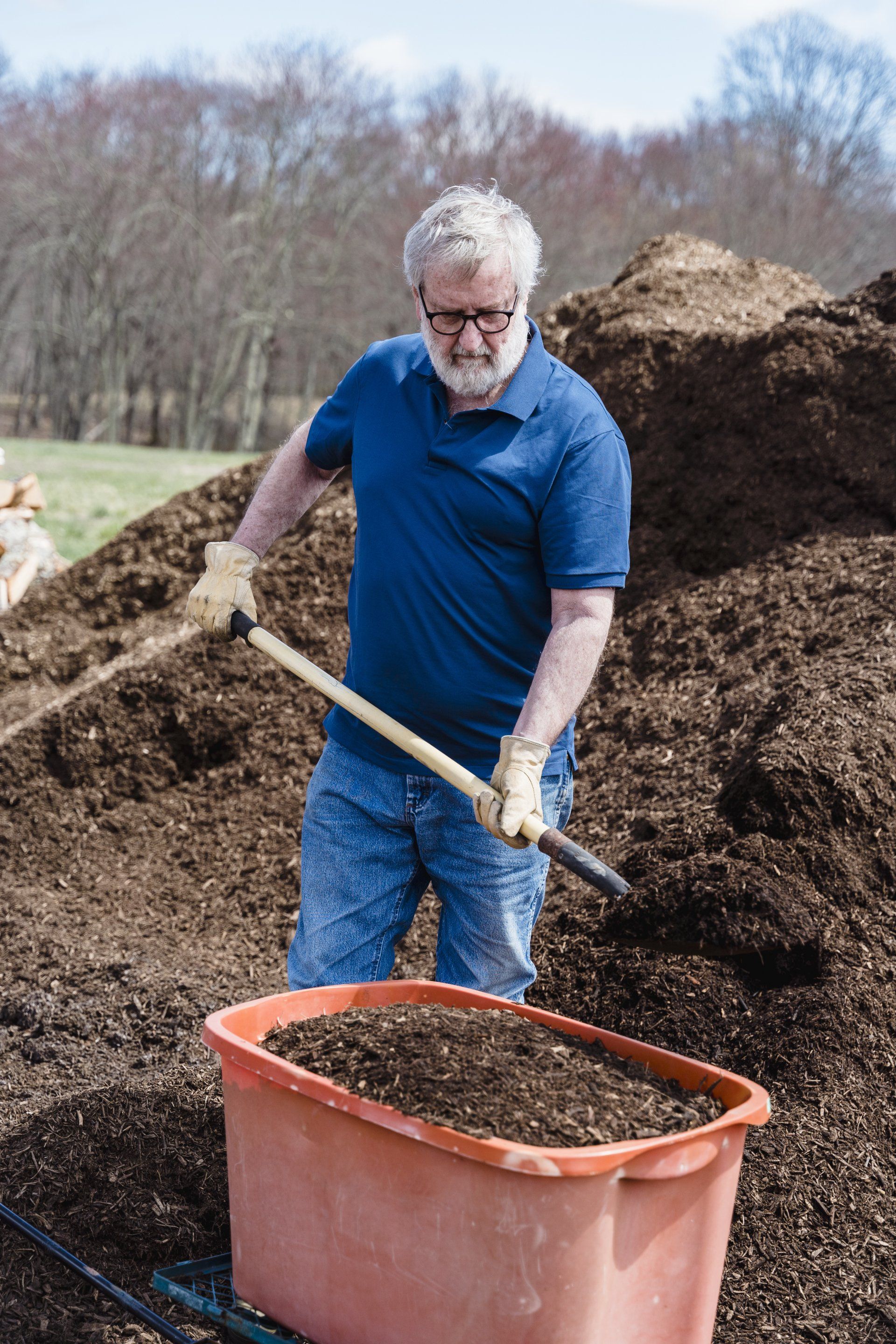The Importance of Water Testing for Agriculture and Gardening
The Importance of Water Testing for Agriculture and Gardening

Water is a critical component of any successful agricultural or gardening operation. The quality of your water source can have a significant impact on plant health, soil fertility, and overall crop yields. This is why water testing is a crucial step in maintaining the quality and productivity of your crops. In this article, we’ll explore the benefits of water testing, why it’s important, and how it can help improve your garden or farm.
Why Water Testing Matters
Water is the lifeblood of all growing systems, whether you're working with traditional soil farming, hydroponics, or a home garden. Water testing helps you determine the presence of contaminants, measure pH and salinity levels, and identify the concentration of essential nutrients in your water supply. These factors can significantly affect your plants' growth, health, and productivity.
Identify Contaminants
Water can carry various contaminants that may be harmful to your plants. These include heavy metals, pathogens, and chemical residues that can inhibit growth and even kill sensitive crops. By testing your water, you can determine if contaminants are present and take the necessary actions to treat or filter your water source.
Optimize Nutrient Levels
Water plays a role in nutrient delivery to plants. Testing helps you understand the concentration of essential nutrients in your water supply, such as calcium, magnesium, and other minerals that plants rely on. When growing crops, especially in hydroponic systems, it’s important to ensure that your water contains the right balance of nutrients to support plant health.
Benefits of Comprehensive Water Testing
1. Improve Plant Health
Water quality directly affects plant growth. Testing your water ensures that it is free from harmful contaminants and contains the right balance of nutrients. If your water has high salinity or an incorrect pH level, it can lead to nutrient deficiencies, root damage, or even plant death. With water testing, you can address any imbalances before they become a problem, helping your plants grow stronger and healthier.
2. Prevent Soil Degradation
Water that is too saline or contains high levels of certain chemicals can lead to soil degradation over time. High salinity can cause nutrient lockout, where essential nutrients become unavailable to plants. Water analysis helps you identify potential issues and adjust your irrigation practices, reducing the risk of soil degradation and maintaining soil health for the long term.
3. Optimize Irrigation Efficiency
By understanding the quality of your irrigation water, you can make informed decisions about how best to use it. If your water has high levels of certain minerals, you may need to dilute it or adjust your irrigation schedule to avoid salt build-up in the soil. This helps improve irrigation efficiency and ensures your crops are receiving the best possible care.
How to Perform Water Testing
Step 1: Collect Water Samples
To perform a water test, begin by collecting a representative sample from your water source. It’s important to gather a clean sample from the point where you typically access the water—such as from a well, irrigation canal, or rainwater collection tank. Use a clean container and make sure to follow any guidelines provided by the laboratory to avoid contamination.
Step 2: Send Samples to a Trusted Lab
Once you’ve collected your water samples, send them to a reputable laboratory for testing. At TPS Lab, we specialize in providing comprehensive water analysis for farmers, gardeners, and hydroponic growers. Our tests cover pH levels, salinity, electrical conductivity (EC), and other factors that impact plant health.
Learn more about our Water Testing services here.
Step 3: Interpret the Results
After receiving your water test results, it’s important to interpret them correctly to make necessary adjustments. If your water has high salinity, for example, you may need to install a filtration system or find an alternative source. Alternatively, adjusting your irrigation schedule or mixing your irrigation water with rainwater can help bring salinity levels to an acceptable range.
How Water Quality Affects Crop Yield
Water quality plays a significant role in determining the success of your crop yield. Poor-quality water can lead to stunted growth, reduced yields, and increased vulnerability to pests and diseases. By conducting regular water tests, you can identify any issues early and address them, ensuring that your plants receive the optimal conditions for growth.
For hydroponic systems, water quality is even more critical, as plants receive all of their nutrients directly from the water. Regular testing is necessary to maintain the right balance of nutrients, avoid contamination, and ensure a consistent supply of clean water.
Common Water Testing Myths
Myth 1: Water Testing is Only for Hydroponics
While hydroponic growers rely heavily on water quality, traditional soil growers can also benefit greatly from regular water testing. High salinity, incorrect pH levels, or contaminated irrigation water can negatively impact soil health and crop yields. Water testing is a valuable tool for any grower who wants to ensure their crops are receiving the best possible conditions.
Myth 2: All Water Sources are Suitable for Irrigation
Not all water sources are ideal for irrigation. Well water, for example, may contain high levels of minerals or contaminants that can affect plant growth. Rainwater, while generally considered good quality, may still contain pollutants depending on where it is collected. Water testing provides insights into whether your source is suitable and how it may need to be treated before use.
Myth 3: Water Testing is Expensive and Complicated
Water testing is a simple and affordable process when done through a trusted laboratory. At TPS Lab, we provide easy-to-understand reports and actionable recommendations to help growers make informed decisions. The cost of testing is a small investment compared to the potential losses from poor water quality.
Why Choose TPS Lab for Water Testing
TPS Lab has extensive experience providing reliable water analysis for growers of all types. Our comprehensive tests cover all aspects of water quality, from pH and salinity to nutrient content and contaminant screening. With our expertise, you can rest assured that your water is of the highest quality for your crops.
We offer customized recommendations based on your specific water quality results and crop needs, ensuring that you get the most out of your irrigation practices. Our team also provides ongoing support, helping you make adjustments throughout the growing season to maintain optimal water quality.



